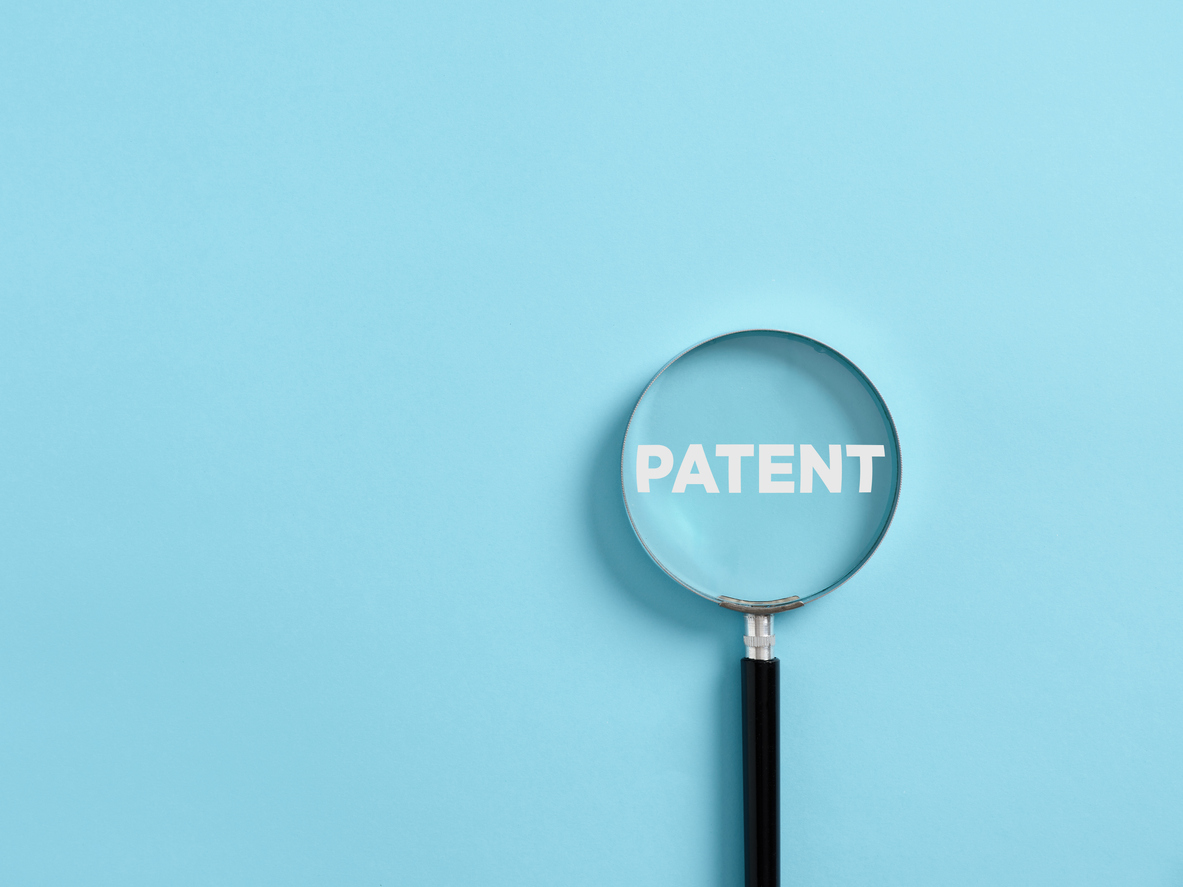Patent Search
A thorough patent search plays a critical role in the overall patent process. Conducting a patent search is a meticulous and strategic task that involves delving into various databases to identify existing patents and prior art related to your invention.
During the patent search process, our attorneys at Bold Patents utilize their expertise and knowledge of patent databases to conduct extensive searches using keywords, classification codes, and other relevant criteria. We carefully analyze patent documents, scientific literature, and other sources to determine the novelty and non-obviousness of your invention. Our goal is to uncover any existing patents or prior art that may affect the patentability of your invention, enabling us to provide you with accurate and comprehensive advice.
Legal Patentability Opinion
Once the patent search is complete, our attorneys compile a detailed report summarizing the findings and analysis. This report serves as a valuable tool for evaluating the patentability and commercial viability of your invention. The opinion evaluates the invention’s novelty, non-obviousness, and other patentability requirements. It provides a detailed assessment, outlining the strengths and weaknesses of the invention’s patentability and offering strategic recommendations for moving forward with the patent application process.
We will review the search results with you, explaining the potential challenges or opportunities that may arise, and make recommendations for the next steps, whether it be filing a patent application or considering modifications to strengthen patentability. We aim to provide you with a solid foundation for making informed decisions about proceeding with patent protection, navigating the complexities of the patent system, and developing a robust intellectual property strategy.
Patent Eligibility
Patent eligibility is a fundamental requirement for securing patent protection. Generally, an invention is eligible for a patent if it falls into one of the statutory categories, which include processes, machines, manufactures, or compositions of matter, and any improvements thereof. Certain subject matter, such as abstract ideas, laws of nature, or natural phenomena, may be excluded from patent eligibility unless these are combined with additional inventive concepts or applications.
Determining patent eligibility involves careful analysis by a qualified patent attorney. At Bold Patents, we examine your invention’s subject matter and evaluate its compliance with the legal standards set by the patent office. We assess whether the invention possesses the required technical nature, usefulness, and inventive features to meet the eligibility criteria and we will guide you through this evaluation process, ensuring that your invention is positioned for potential patent protection and offering strategic advice to enhance patent eligibility if necessary.
Novelty
One of the first requirements for an invention to be eligible for a patent is that it must be novel, meaning it must be new and not publicly disclosed before the filing of the patent application.
To assess novelty, our experienced patent attorneys conduct extensive searches of prior art, including existing patents, scientific literature, trade journals, and any publicly available information related to the invention. By thoroughly examining these sources, we aim to uncover any similar inventions or public disclosures that could potentially invalidate the novelty of your invention.
In addition, the invention must not have been made available to the public anywhere in the world before the filing date of the patent application. Any form of public disclosure, whether through publication, public use, or oral presentation, can affect the novelty of the invention.
Non-obviousness
Besides being novel, to be eligible for a patent the invention must satisfy the requirement of non-obviousness. This means that it should not be an obvious improvement or combination of existing technologies or solutions.
Several factors are considered during the patent examination process to help determine whether an invention involves an inventive step beyond what would be considered obvious to a person skilled in the relevant field. If the invention can be easily derived from the prior art without any inventive step, it may be considered obvious. Inventors can provide objective evidence to support non-obviousness, such as commercial success, industry recognition, or unexpected results.
Establishing non-obviousness requires a thorough analysis of the prior art, a clear demonstration of technical advancements or unexpected advantages, and the ability to persuasively argue that the invention involves an inventive step forward. Your Bold Patents attorney will assist you in formulating compelling arguments and providing the necessary evidence to establish the non-obviousness of your invention, leveraging our expertise to maximize your chances of obtaining a patent.
What Bold Patents Can Do To Help You
Throughout the application process, at Bold Patents we work closely with our clients, guiding them through the complex landscape of patent law. We provide expert advice and conduct thorough evaluations to ensure that your invention meets the eligibility criteria, offering a strong foundation for patent protection. We are committed to helping inventors like you secure the intellectual property rights they deserve and turn their innovative ideas into valuable assets. Contact us today for a free screening and let us help you ensure that your innovative ideas are protected and positioned for success.
